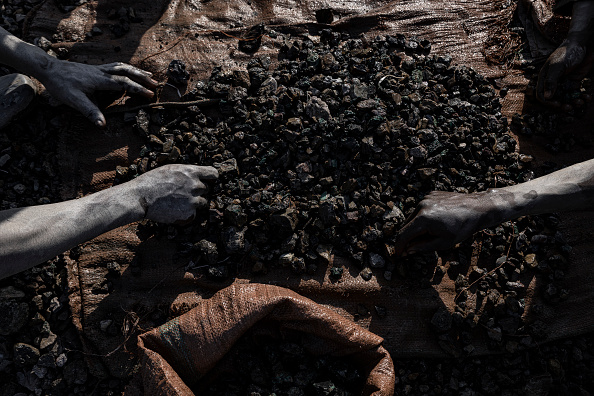Stricter environmental regulations in the European Union are making it harder for domestic companies to stay competitive.
Firms are now turning to subcontractors outside Europe, where rules are less demanding, to reduce costs. The result: European industries risk losing jobs and expertise, even as the EU pushes to lead on climate change.
EU ministers are making a last-ditch effort to pass a new climate target ahead of the UN COP30 summit in Brazil November 10 to 21, in a bid to avoid arriving empty-handed.
The European Commission is racing to approve a target aimed at reducing planet-warming emissions by 90 per cent by 2040, even as some member states voice concern over the costs for struggling industries at home.
Failure to agree could undermine the EU’s claims to global leadership at COP30, where the resolve of major economies to continue the fight against climate change will be tested — despite opposition from US President Donald Trump, Reuters reported yesterday.
“COP30 must be more than just a talking shop. It must result in action. The EU can play a decisive role, but we need to act as credible leaders on climate,” said Pär Holmgren MEP, Greens/EFA shadow rapporteur on the COP30 resolution.
The EU is setting stricter rules than the rest of the world but a paradox highlighted by companies is that imported products do not face the same environmental requirements as those made in the bloc.
“I’m not saying we should pollute, absolutely not,” Julien Chanteux, CEO of Belgian industrial machinery maker Graux, told Brussels Signal yesterday.
“But we spend huge amounts of time meeting dozens of requirements, while our clients have no problem subcontracting to India or China, where these rules simply don’t apply.”
Graux often acts as a subcontractor for larger companies, which, Chanteux says, do not always reward compliance with EU environmental standards, instead prioritising price.
“We normalised overcomplicating life for small companies. European norms, especially environmental ones, are often too burdensome to remain competitive,” he added.
Environmental standards are sometimes included in EU trade agreements but they are often unrealistic and fail to establish common production norms.
In the EU-India Free Trade Agreement, currently being prepared for completion by the end of the year, environmental clauses are under discussion.
From the beginning of negotiations until today, EU officials describe the talks as “very challenging”, particularly around the strength of obligations, their legal bind and enforcement mechanisms.
Other EU regulations — including the Carbon Border Adjustment Mechanism (CBAM) and the Deforestation Regulation — also carry major implications for trade but remain external rules, separate from the trade agreements themselves.





